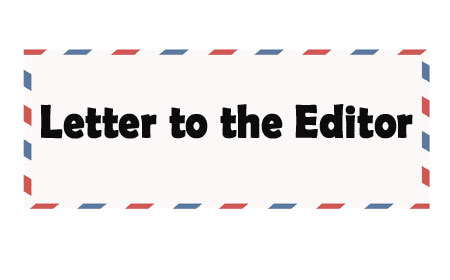Dear Editor,
It is a constant surprise that acts of violence in Belize, particularly gun violence, are reported in the five –days- a- week TV news and in weekly newspaper front page headlines but not seriously discussed and confronted head on in an attempt to stem the high rates threatening this tiny nation on many fronts.
Only occasionally, once in the last six or so months that comes to mind, is this continuous state of violence addressed by academics. We hear it mentioned these days by those running for political office who have taken to the air waves with their spins on issues they see as needing the attention of office holders.
At best there are sporadic reports on such and such study, the same old data warmed over that have long been accepted universally as to the causes of violence so prevalent in particular communities.
Another surprise is the lack of any meaningful discussion, investigation or reporting on the presence of drugs and guns in the country, even though the many killings are seen to be connected to drugs and guns. What silence! One wonders.
Here’s something just as important, maybe even more important, that hopefully you, reader, will seriously consider: violence is practiced in ways we don’t ordinarily think about. When we think of violence, what comes to mind straightaway is the use of power in the form of physical force to put a person or persons in a weaker situation or condition in order that the one using the force can get what he wants.
Violent acts, however, are not necessarily physical. Any act that hurts another in any way, demeans another, takes away persons’ rights, like the right to a meaningful life, the right to own, the right to free will, the right to security and safety, to mention a few, is a violent act.
For example, when an employer pays his worker less than a living wage and that worker remains in his employ, with or without protest, invariably it is because the employee feels intimidated, even fearful that he would lose his means of livelihood, his job. Such an atmosphere of intimidation or fear could only be created by the one with the power, the employer, directly or indirectly, to deliberately put the employee in a weakened state and so compel him to hand over what he owns, that is, his time and his labor.
The employer may simply have an attitude that says, “You don’t like what I pay? I can always find somebody else.” Or he may actually say, “Nobody else will pay you more or even hire you.” You get the idea. The employer’s action is one of violence – he used a form of force to take away a possession, even a right. The employee is not willingly giving away his labor knowing the pay can’t feed and clothe him or her and family.
Again, when a government, member of government or a politician targets groups in the population and “alleviates” their bad economic situation by over-awing them with a sudden temporary financial windfall, that is, giving them a gift of a lump sum of money, and these same groups subsequently feel the need to pledge their loyalty at the voting booth, we are looking at violence. What the voter owns he now feels compelled to hand over – his vote. It is not an act of free will, whatever it may look like on the surface.
In other words, even actions dressed to look like benevolence, caring and concern, even duty, can be acts of exploitation resulting in people giving up their rights, even their dignity, against their free will.
When a young person is compelled to drop out of school because of ever higher and higher fees, when that young person is forced into child labor to help out financially in the home, that young person is a victim of violence. This is violence perpetrated by a system that makes meeting the basic needs such as education and adequate food possible only for the more well-to-do.
Going one further, violence can even be committed through rules, regulations and laws. Take the young person who can’t attend school because he or she cannot afford the required school uniform. That rule demeans, denies and hurts in many ways. It is a violent rule.
What about a law that says he can legally not be in school as of age 14? It is a violent law. What level of education could a child have achieved by age 14, what kind of preparation to meet the world before him? Such a law opens the way for adolescents, not children yet not adults, the most confusing stage of development, to be ill-equipped and unprepared to meet life’s challenges. These children live in apprehension and fear life, for example, fear going hungry. Such a law sets up these children for further exploitation.
When people do not give up what they own, or have a right to, as an act of free will, violence – call it by whatever other name you will – is behind it all.
Beryl Young


